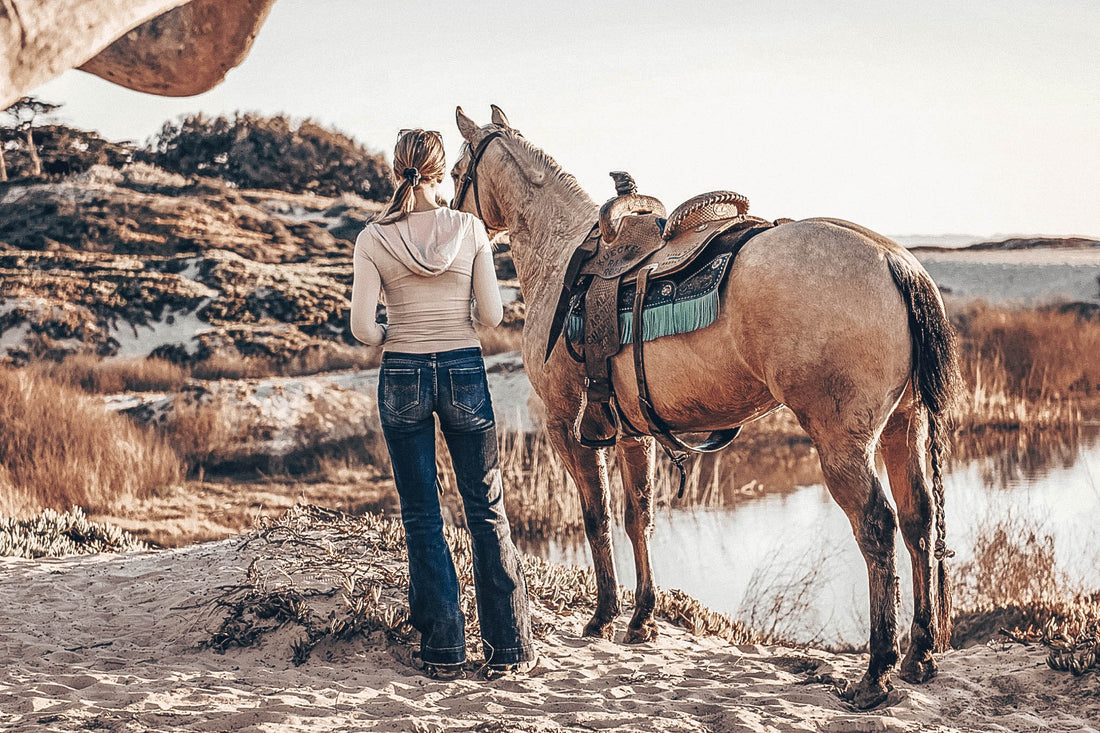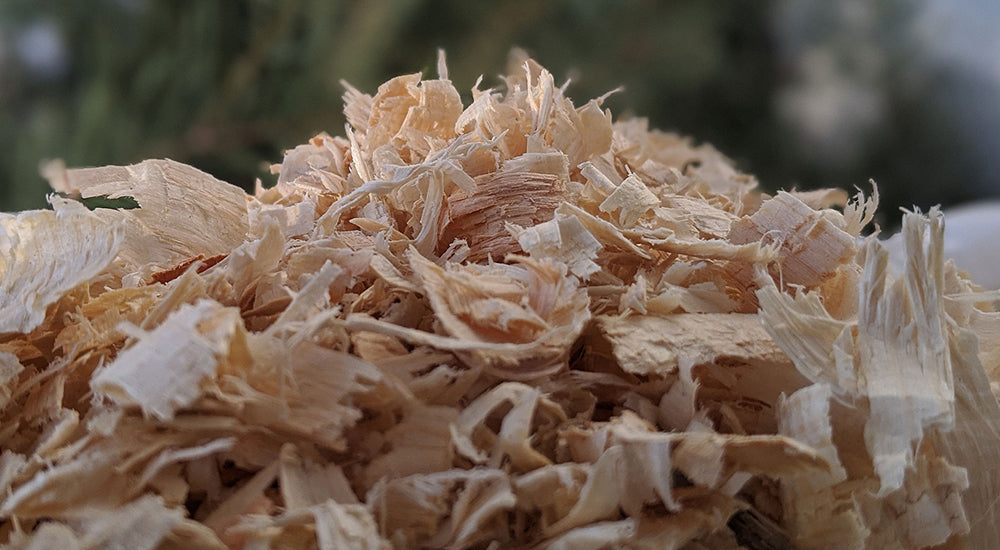Tips For Reducing Your Horse Vet Bills

Horse vet bills can get quite expensive, especially if you have an emergency and they have to see your horse right away. The good news is that you can take some precautionary measures to ensure your horse’s health and reduce your vet bills.
We’re here to help you with tips on preventing common horse health issues so you can save money without putting your horse’s health at risk.
You can’t always prepare for the unexpected, but there are a few things you can do to reduce the chances of needing expensive vet care for your horse. Here are some of our main recommendations:
- Maintain regular horse health checks
- Follow the recommended horse vaccine scheme
- Take care of your horse’s legs
- Have your horse’s teeth checked regularly
Read on to learn more details about each of them and some extra tips to get the best value for money.
Prevention Is Key
Vet bills can get especially expensive when you have an emergency, so prevention is the key to reducing veterinary care costs. You can start by taking some small measures to improve prevention.
If your horse does require some kind of emergency treatment, unfortunately there’s very little you can do to reduce that bill. But you don’t want to look back at a situation where you could have saved half of your horse vet bills or even avoid them altogether by taking prevention measures sooner.
It’s always best to prevent than to treat, so having protective gear such as horse leg compression wraps can come in handy to save money, time and, most importantly, your horse’s overall health.
Maintain Regular Horse Health Checks
Regular checks are a must, even if there is nothing wrong with your horse. Some afflictions and symptoms can go unnoticed initially when they are easiest to treat.
Be sure to book at least a yearly health check with your vet to ensure your horse is in peak health.
Call For Advice
Sometimes it’s easier for both horse owners and vets if you call for advice. Basic information can be provided by phone, and this will reduce the transportation expenses.
So, if you notice anything wrong with your horse, it’s best to call for advice and see if a visit is required.
Consider a Health Insurance
A horse health insurance can be a great way to ensure you’re covered with all the procedures and investigations you might need over the course of a year. This can help you reduce the stress of an unexpected horse vet bill if anything goes wrong.
Don’t Delay Healthcare To Save Costs
It’s never a good idea to delay healthcare to save costs. The issue will definitely still be there and will only aggravate and become more expensive if delayed. What you might consider is a minor issue could be the sign of something more severe, and it’s best to address it as early as possible.
While it might be tempting just to wait and see if a visit from the vet is really necessary, this approach will most likely result in higher costs and longer recovery time for your horse.
Follow Core Vaccine Recommendations
Vaccines are a safe and effective way to reduce the risk of getting some of the most common equine viruses, and their coasts are relatively small compared to the cost of having to treat your horse once it’s developed the infection..
All horses should receive the annual core horse vaccines for encephalomyelitis, tetanus, rabies, and West Nile. In addition to those, your veterinarian might recommend other vaccines, depending on the horse’s lifestyle and risk factors.
Have Your Horse’s Teeth Checked
Horse dental problems often go unnoticed because they are not in plain sight, and checking for them might even be dangerous without proper training or equipment. That’s why it’s essential to schedule routine horse dental checks to make sure everything is alright.

Take Care Of Your Horse’s Legs
Anatomically correct horse leg compression wraps are an effective and easy way to prevent additional leg and health complications that can come from stocking up, mud fever or a connective tissue injury. Leg conditions and injuries can be costly and difficult to rehab, not to mention the long recovery time.
Stocking up is not normal and the accumulated fluid in the leg will act like a petri dish for bacterial infection. Mud fever or scratches encourages increased lymph fluid production to the lower leg which can trigger an occurrence of lymphangitis, with or without a cellulitis complication.
A tendon injury to your horse’s leg will respond well when a compression bandage, similar to what a human athlete wears, is applied to support recovery and strengthening of this connective tissue.
When used correctly, properly designed horse leg compression wraps can protect both your horse’s health and your wallet.

Share Horse Vet Visits With Owners On The Same Area
If you have neighbors who own horses, ask your vet if you can save costs by sharing horse visits. Usually, a substantial amount of the veterinarian visit cost will be assigned to a yard visit. Sharing the veterinarian visit with other horse owners from the same barn can make a difference.
This way, it’s also more comfortable for the veterinarian to only travel once to conduct all the routine checks and vaccinations your horses might need. Remember to book in advance and let your veterinarian know how many horses you need him to check so he can correctly estimate the time and costs of each visit.
Conclusions
Planning, maintaining a good relationship with your veterinarian, and following his advice can help you save money in the long run. Professional protective equipment like equine compression wraps can help you avoid some painful and costly conditions.
If you would like to know more about how to save money and have a healthy horse at the same time, drop us a line, we’ll be happy to answer.

